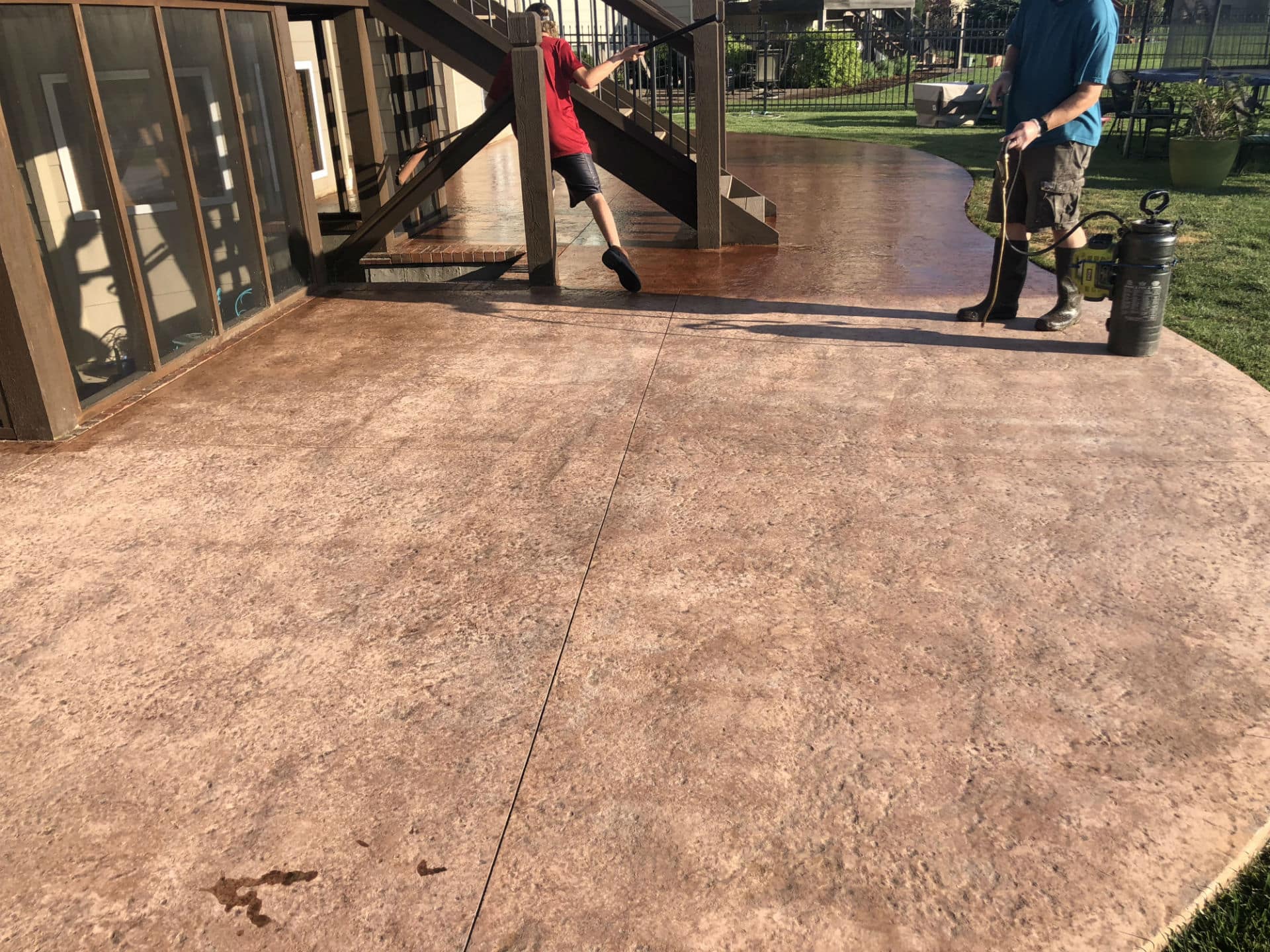How To Know That This Is The Time To Reseal Your Concrete Surface In Del Mar?
Concrete surfaces are known for their durability and longevity. Whether it’s your driveway, patio, or garage floor, concrete can withstand the test of time. However, like all things, it requires some maintenance to ensure it stays in top shape. One essential part of concrete maintenance is resealing. Resealing your concrete surface helps protect it from the elements, stains, and wear and tear. But how do you know when it’s time to reseal your concrete? In this article, we’ll explore seven tips to help you determine if it’s time to give your concrete surface a fresh seal.
- One of the simplest ways to check if your concrete needs resealing is the water absorption test. Sprinkle a few drops of water on the surface and observe how it reacts. If the water beads up and forms droplets on the surface, your sealer is still effective. However, if the water is quickly absorbed into the concrete, it’s a sign that the sealer has worn off, and it’s time for a reseal.
- Over time, UV rays from the sun can cause the color of your concrete to fade. If you notice that your concrete surface has lost its vibrancy and looks dull, it’s a clear indication that the sealer has deteriorated. Resealing can bring back that fresh, vibrant appearance.
- Check for visible signs of wear and tear on your concrete surface. Look for cracks, chips, or areas where the sealer has peeled off. These are vulnerable spots where moisture can penetrate, leading to more significant damage if left untreated. Resealing can help prevent further deterioration.
- If you notice stubborn stains or discoloration on your concrete surface, it’s a sign that the sealer isn’t providing adequate protection. Resealing can make it easier to clean and maintain your concrete, as it creates a barrier that repels stains and contaminants.
- Over time, concrete becomes more porous, making it more susceptible to moisture penetration. If you notice that your concrete surface is holding onto moisture or taking longer to dry after rain, it’s a sign that the sealer has weakened. Resealing will restore its impermeability.
- If you’ve been neglecting your concrete’s maintenance for an extended period, it’s probably time to reseal it. Regularly resealing your concrete surface, as recommended by the manufacturer, can significantly extend its lifespan and save you from costly repairs down the road.
- Lastly, consider the age of your concrete surface. Most concrete sealers have a lifespan of 3-5 years, depending on the type of sealer used and the climate in your area. If your concrete surface hasn’t been resealed within this time frame, it’s a good idea to schedule a resealing to ensure its continued protection.
FAQs
Can I Reseal My Concrete Surface Myself, Or Should I Hire A Professional?
Resealing a concrete surface can be a DIY project if you’re experienced and comfortable working with sealers. However, if you’re unsure or if your surface has significant damage, it’s best to hire a professional concrete contractor. They have the expertise and equipment to ensure a proper and long-lasting seal.
How Long Does It Take For A Freshly Sealed Concrete Surface To Dry And Cure?
The drying and curing time for a newly sealed concrete surface can vary depending on the type of sealer used and environmental conditions. In general, it may take 24 to 48 hours for the surface to be walkable and up to 7 days for it to fully cure and withstand heavy use. Always follow the manufacturer’s guidelines for specific drying and curing times.
Can I Reseal My Concrete Surface During Winter Months?
It’s generally not recommended to reseal concrete surfaces during extremely cold or wet weather, as it can affect the curing process and the quality of the seal. It’s best to plan resealing projects during milder, drier seasons when temperatures are above freezing and there’s no heavy rain in the forecast.
Conclusion
Resealing your concrete surface at the right time is crucial for maintaining its appearance and durability. By keeping an eye out for signs such as water absorption, fading color, wear and tear, stains, increased porosity, regular maintenance, and considering the age of the surface, you can determine when it’s time to reseal. Regular maintenance and timely resealing will not only extend the life of your concrete but also save you money in the long run by preventing costly repairs. If you’re unsure about the process, don’t hesitate to consult a professional to ensure your concrete gets the care it deserves. For more information, contact Concrete Contractor Del Mar at (858) 314-3534.
